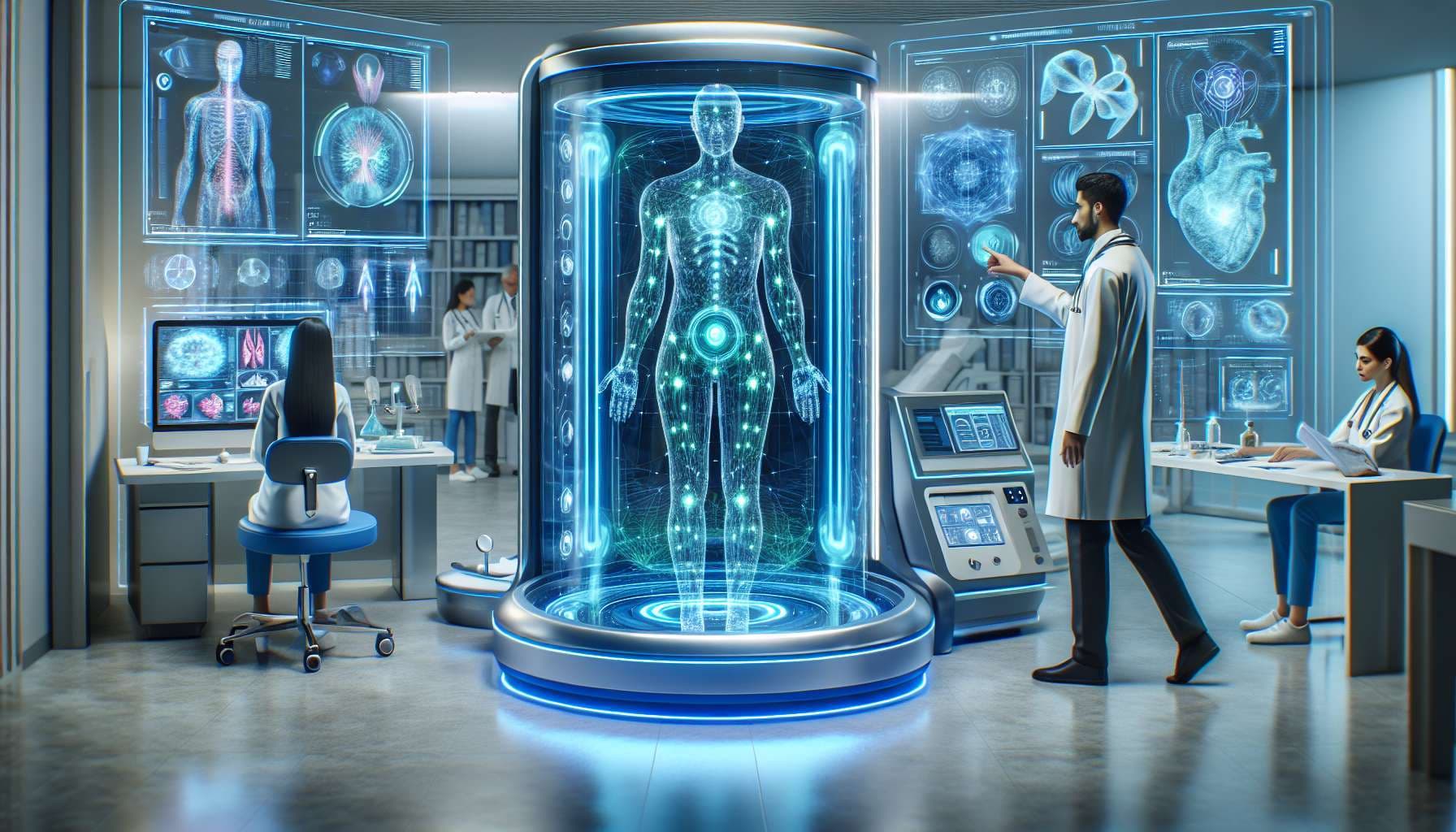
Question resolves to YES if, by January 1st 2028, the majority of medical practitioners in the US use an AI technology to diagnose patients who present with complex symptoms, defined here as a collection of medical complaints resulting in a diagnosis that takes an average of at least 6 months since symptom onset to be diagnosed (at the time of writing, January 2024.)
If the majority of US medical practitioners do not use an AI diagnostic technology, or the technology is only used to diagnose simple diseases (average time of diagnosis from symptom onset is less than 6 months) by 1/1/2028, then the question will resolve to NO.
I'm not sure it is possible for this to resolve yes: I'm pretty sure the majority of medical practitioners do not have patients that present in this way and so they cannot use an AI to diagnose them. Possibly you should alert the criteria to just asking about whether the patients who have complex symptoms get diagnosed by AI?
It seems extremely clear to me that the odds of this actually happening are <5%, simply because medical things are heavily regulated, and regulations take a long time to change even when a strong majority of the public and govt both want it to happen. (Which is def not the case here.) For god's sake, it took a whole year for them to approve a life-saving vaccine in the middle of a global pandemic.
But my question is: how will the market creator determine what "most medical practitioners" are doing?
@pietrokc For evidence of what medical practitioners are doing, I would accept a study in a well-known peer reviewed medical journal, a statement or paper hosted by the NIH, or a statement from a major EHR vendor such as Epic or Oracle Cerner about their physicians' use of AI capabilities (and noting how it matches the AI capabilities of their products.)
@roughlyhewn I think a proper way to assess if a specific AI diagnostic technology is used by majority medical practicioners is to find out if the technology is listed in disease guidelines for the disease being diagnosed. Medicine has many disease guidelines. Once a technology/diagnostic (or treatment) is in the guidelines, it becomes "standard of care", and will routintely be used by the practicioners (otherwise, they may be liable for not using standard of care to help their patients). Epic etc. data are not publicly available, and even if they were, one would need to scan many many installed Epic systems to answer the question. In contrast, the guidelines are public documents, and it is lot easier to search how many contain AI technologies, making it possible to assess answers/predictions to your question.
